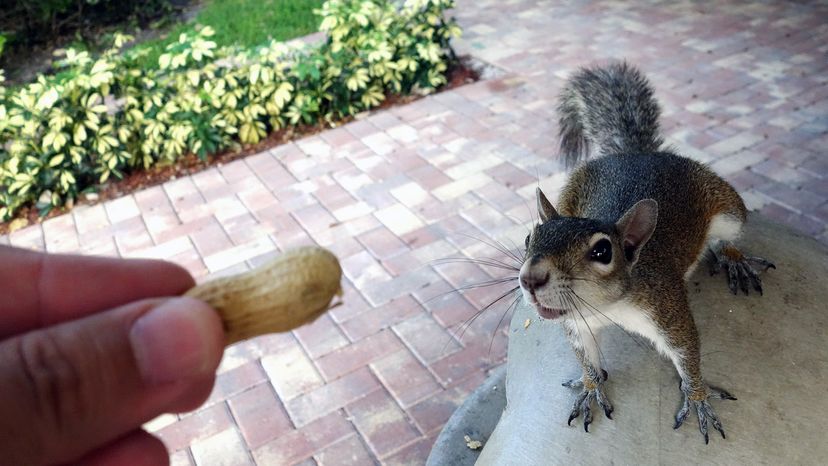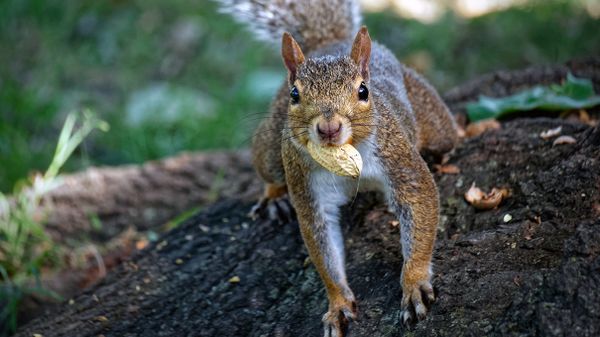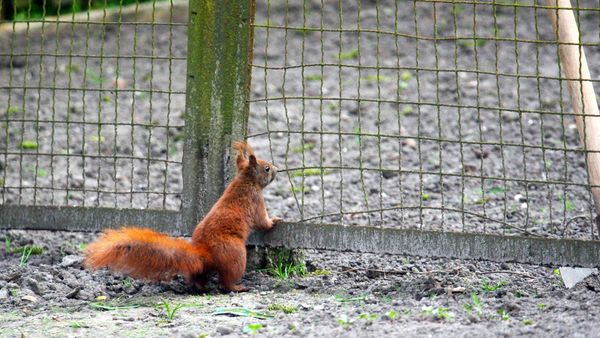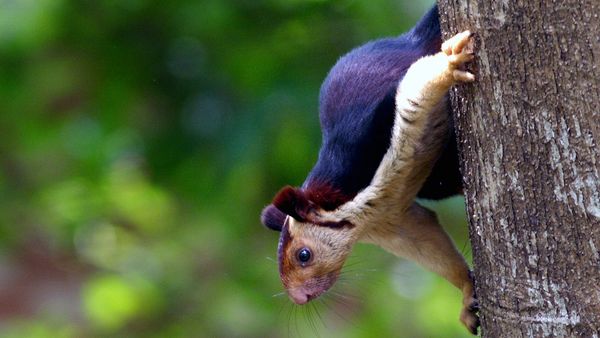To make matters worse, when well-intentioned humans start giving squirrels food, they become dependent on those handouts. And if the early bird (they are diurnal) buffet closes, they won't be able to become self-sufficient again.
If generous humans do manage to keep the food supply steady, the happy, lazy squirrels go out and inform their squirrel friends that they've discovered a food paradise. So how is that a problem? That endless food supply attracts more squirrels, none of which have any intention of giving up the good life. An area overpopulated with squirrels can mean an increase in diseases (like Lyme disease) that can be transmitted to pets, humans and other rodents (like more squirrels). However, the Centers for Disease Control and Prevention says it's extremely rare for squirrels to have rabies or to pass rabies to pets or humans in the United States.
But still, befriending squirrels can be problematic because they can lose their innate fear of humans and become aggressive. As lovable as they may look, squirrels have sharp teeth and nails that are not cuddle-friendly.
If the safety of people and pets isn't enough to sway you, then maybe property damage will. Southern Living magazine's Grumpy Gardener columnist (aka Steve Bender) makes no attempt to hide his disdain for squirrels. "I hate squirrels. Hate them, hate, hate them, hate them!" When squirrels invade his yard, he puts 100 percent of the blame on those who feed squirrels. He even goes as far as suggesting they're good for nothing except eating. (Yikes!)
But Bender is right when he says the critters can be destructive. Ask most electricians and they'll tell you squirrels and other small rodents like them are responsible for a lot of the damage to wires and insulation in attics. And they can also do some serious destruction to siding, as well. Bender suggests that is all directly related to feeding squirrels.



